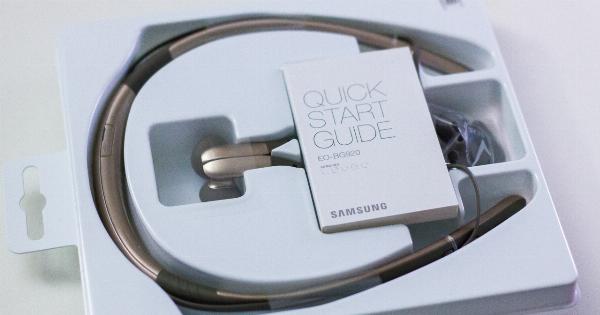It’s an old adage that a healthy body creates a healthy mind, but the reverse is also true – a healthy mind creates a healthy body. The mind and body are intimately linked, and neglecting one will eventually take a toll on the other.
But while it’s easy to understand what it means to keep your body healthy – eat right, exercise, get enough sleep, and avoid bad habits like smoking – it can be harder to understand what it means to keep your mind healthy. Here are some key ways to keep your mind fresh, alert, and functioning at its best.
1. Exercise Your Brain
Just like you can exercise your body to keep it in shape, you can also exercise your brain.
Studies have shown that challenging your brain with puzzles, word games, and other mentally stimulating activities can help keep your mind sharp as you age and can even help prevent cognitive decline. So try doing a daily crossword puzzle or Sudoku, learn a new skill or subject, or pick up a new hobby that requires mental focus, like painting or playing an instrument.
2. Practice Mindfulness
Mindfulness is the practice of being present and fully engaged in the moment, without judgment or distraction. It can be a powerful tool for reducing stress, anxiety, and negative thoughts, and for increasing happiness, productivity, and well-being.
You can practice mindfulness in many ways, from meditation and deep breathing to mindful eating and mindful movement, like yoga or tai chi.
3. Get Enough Sleep
Sleep is essential for both physical and mental health. It’s when the body repairs and regenerates itself, and when the brain consolidates memories, processes emotions, and restores cognitive function.
Most adults need between 7 and 9 hours of sleep per night, so make sure you’re giving your body and mind enough rest.
4. Eat a Healthy Diet
The foods you eat can have a big impact on your mental health.
Eating a diet that’s high in whole, nutrient-rich foods like fruits, vegetables, whole grains, lean protein, and healthy fats can help support brain function, reduce inflammation, and improve mood. On the other hand, a diet that’s high in processed foods, sugar, saturated and trans fats, and other unhealthy ingredients can have the opposite effect, leading to brain fog, fatigue, and mood swings.
5. Stay Connected
Humans are social creatures, and social connections are essential for mental health.
Spending time with friends and family, participating in social activities, and volunteering or helping others can all help boost mood, reduce stress, and increase feelings of happiness and fulfillment. On the other hand, social isolation and loneliness can have serious negative effects on mental health, leading to depression, anxiety, and other mental health problems.
6. Take Breaks
Just like your body needs breaks from physical activity, your mind needs breaks from mental activity. Taking breaks throughout the day can help improve focus and productivity, reduce stress and fatigue, and prevent burnout.
So take a short walk, listen to music, enjoy a cup of tea, or just close your eyes and breathe deeply for a few minutes whenever you need a mental break.
7. Reduce Stress
Stress is a natural part of life, but chronic stress can have serious negative effects on mental and physical health. Stress can lead to anxiety, depression, insomnia, and a weakened immune system, among other problems.
So it’s important to find ways to manage and reduce stress, like practicing relaxation techniques, exercising regularly, and engaging in calming activities like reading, gardening, or spending time in nature.
8. Be Grateful
Gratitude is a powerful tool for promoting mental health and happiness.
Focusing on the good things in your life, no matter how small, can help shift your perspective from negative to positive, reduce stress and anxiety, and increase feelings of happiness and contentment. So take a few minutes each day to reflect on the things you’re grateful for, and make an effort to express gratitude to others as well.
9. Keep Learning
Learning is key to keeping your mind fresh and engaged. Studies have shown that continuing to learn new things throughout your life can help prevent cognitive decline and improve brain function.
So keep learning new skills, trying new hobbies, and exploring new subjects.
10. Take Care of Your Physical Health
As mentioned earlier, the mind and body are intimately linked, and neglecting one will eventually take a toll on the other. So it’s important to take care of your physical health as well as your mental health.
That means eating a healthy diet, getting regular exercise, avoiding bad habits like smoking and excessive drinking, and getting regular check-ups and medical care when needed.






























